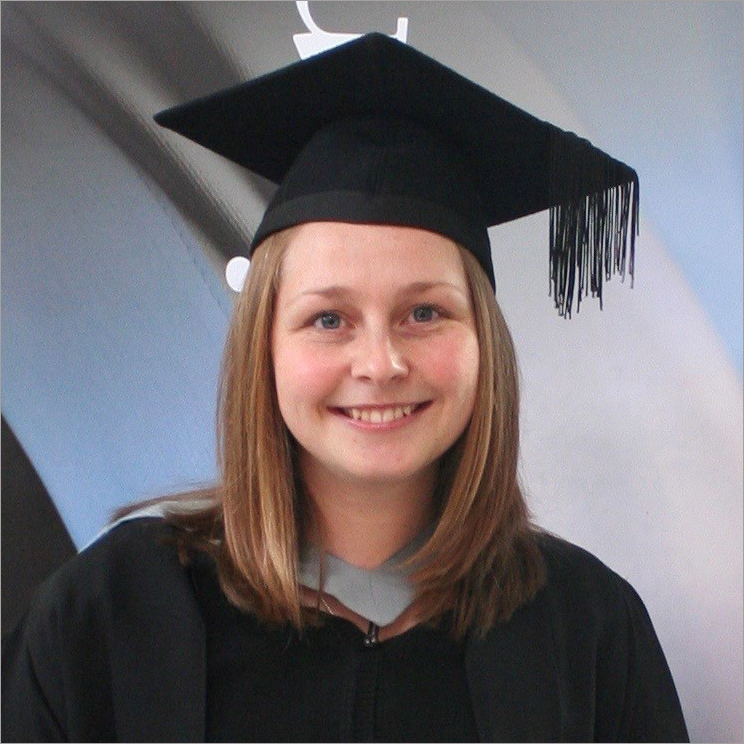
Emily Stone
Emily Stone
MA Anthrozoology (Dec 2016)
What has been the highlight of your time at Exeter?
The MA in Anthrozoology is run as a distance learning course. As such, one of the highlights of studying this course at Exeter has been the opportunity to interact with academic staff and internationally-based students during the regular online tutorials, as well as at the yearly residential that also offers the chance to hear more about the outstanding research conducted within this field. This is in addition to developing friendships with this diverse group of like-minded people who have a shared passion for investigating our interactions with other animals.
What have you enjoyed about your course/studying within your discipline?
The course provided the opportunity to conduct novel literature-based and empirical research relevant to my personal interests. This was coupled with the ability as part of one of the core course modules, Applied Anthrozoology, to work with an external organisation during a work-placement in order to apply some of this research to a real-world situation. Witnessing the impact of my empirical research contributed to my desire to continue producing meaningful research after the MA.
What will you be doing now that you have graduated – could you give some detail on your next employment/further study opportunity?
In September 2016, I started a PhD in Anthrozoology, also at the University of Exeter. My research explores pedigree cat breeding and the exhibition of domestic cats within the ‘cat fancy’. This is a highly underexplored area which will provide original insights into our complex relationships with other animals.
How did your course/extra-curricular activities set you up for your future employment/further study?
The MA in Anthrozoology and the lecturers and tutors on the course equipped me with the necessary skillset to think critically and engage deeply with theoretical concepts. This was in combination with the structure of the course which provides freedom to develop your own research questions developing confidence and independent study skills, while still receiving excellent guidance and academic support in pursuing these areas of interest.
